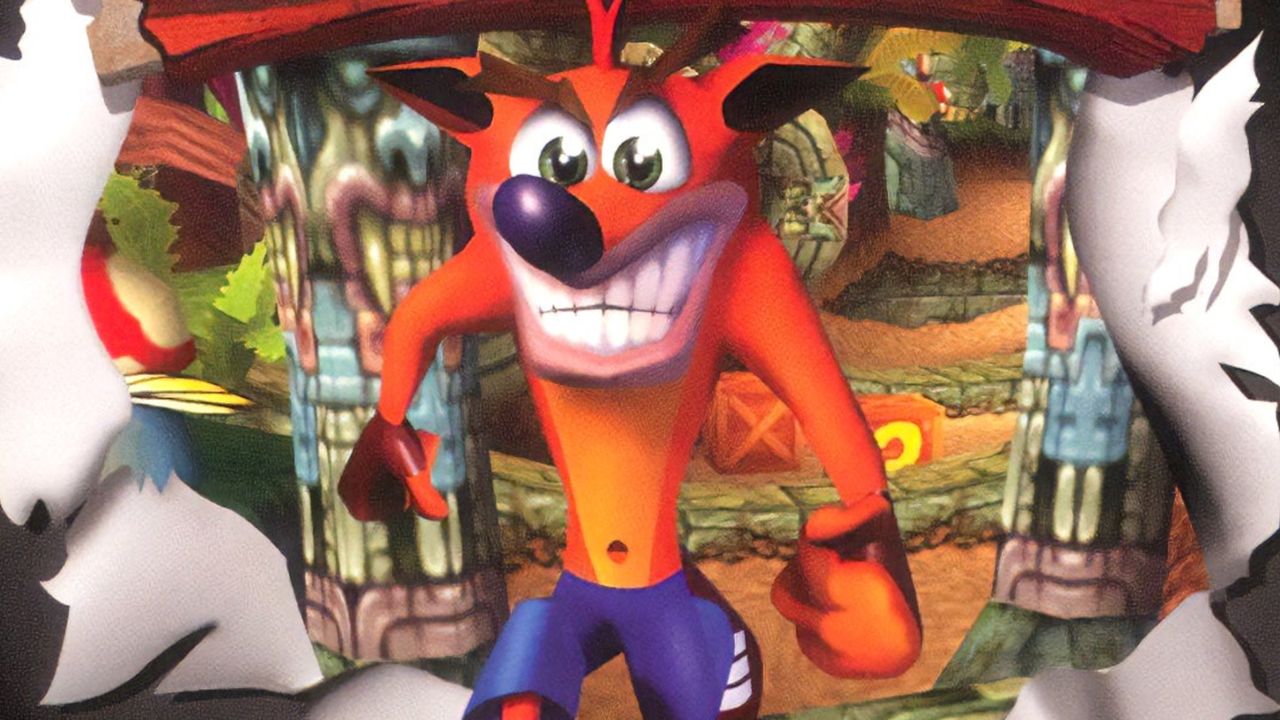
In the mid-'90s, the Sony PlayStation managed to dominate the home console market both quickly and effectively, especially in Europe. Previous leaders Nintendo and SEGA started playing second fiddle quite quickly, and in hindsight, the reasons are plain to see, according to former top brass.
Chris Deering, president of Sony Computer Entertainment Europe for the PlayStation's launch, remembers that their supposed rivals just weren't as steady on their feet. He saw large opportunities, especially outside of the United States.
"Nintendo and Sega had been using distributors, and they didn't have a consistent marketing or communications strategy. So, I told [my bosses] I think we can be as big as the US in Europe," he told The Game Business.
The job became organizing PlayStation offices in every country, home bases in every region to represent the brand. Deering worked with the then International Finance Officer and president-to-be, Jim Ryan, on getting everything in place.
"We had presence in UK, France, Germany, Italy, Spain, Benelux, Austria, Switzerland, Ireland, Scandinavia; the list goes on and on, and nobody else had that to that degree at the time," Ryan says. "We paid attention to Europe in a way that I don’t think any of the incumbents did at the time. Even with practical things like localization."
The Sony MO became dedicated audience understanding and execution. Advertising campaigns were built for European and British players, using data and feedback on what they specifically resonated with.
Senior producer Martin Alltimes doubles down on this, acknowledging the local infrastructure. "For Sega and Nintendo, [game developers] had to go to Japan and you had to have people who could speak Japanese. We had development support in every territory," he adds.
"Also, we didn't say no to things. We had third-party approvals, but that was largely to do with maintaining standards in terms of packaging and making sure that the products could pass QA. In terms of the actual content, we weren't restrictive."
Nintendo remains tricky to develop for, but back in the days of NES, SNES, and Nintendo 64, it was infamously tough to get a game on its platforms. There were numerous restrictions and rules for doing so. PlayStation never went that far, allowing it to outdo the prior console war combatants with ease.







